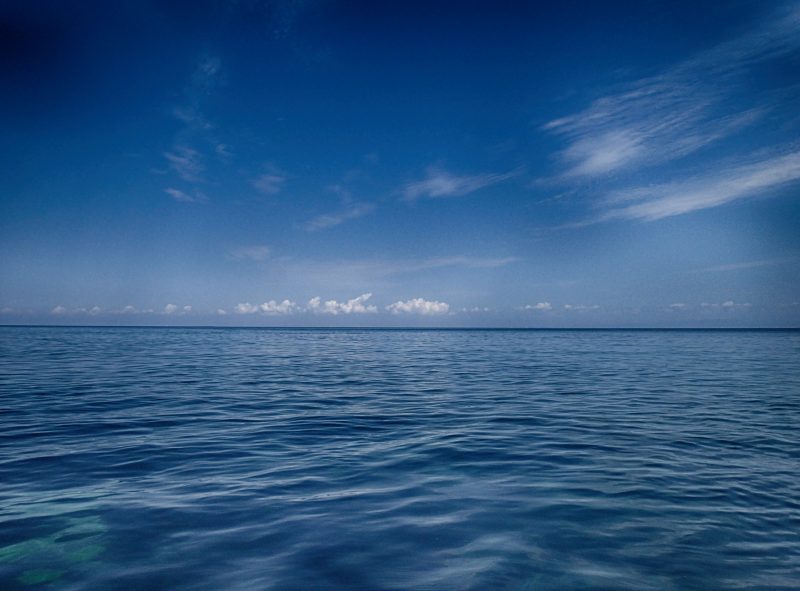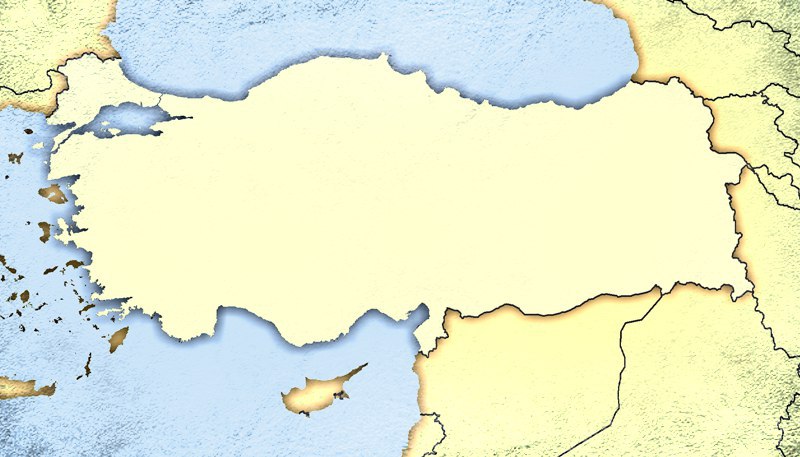The marine component of geopolitics is becoming increasingly important for Turkey. This is evidenced by Ankara’s recent actions in the Mediterranean and especially the signing of an agreement on maritime borders with the Libyan Government of National Accord. It is also worth recalling the active hydrocarbon exploration activities off the coast of Cyprus.
Turkey is an important player in the Black Sea region. Recently, Turkish President Recep Tayyip Erdogan announced that Somalia had invited Turkey to start oil production. Along with the lease of the Sudanese island of Suakin to Turkey earlier, this is another signal that Ankara is seeking to firmly establish itself in the Red Sea.
Many connect Turkey’s desire to expand control of the sea with Admiral Cem Gurdeniz’ doctrine of the “Blue Homeland.” It seems that the Turkish leadership, although it might not recognize it, is acting in accordance with his ideas.
The main focus of the doctrine is strengthening Turkey’s control over the Gulf and Red Sea by establishing military bases in Qatar, Somalia and on the island of Suakin. At the moment, Gurdeniz’s vision of Turkey’s maritime jurisdiction includes vast areas of the Black, Mediterranean and Aegean Seas.
The other day, Admiral Gurdeniz published an important article on the development of his ideas titled “The 21-st century Turkish Maritime Geopolitical landscape,” which was published on the site of the ATA (Asia-Turkey-Europe) Platform.
These are the central tenants of his idea:
1. The purported liberal “end of history” has not come. Today we are faced with the need to take into account new factors that determine the global future. The rise of China, India and Russia has created new conditions which are likely to shift the world from a unipolar to a multipolar order.
2. The role of maritime geopolitics is growing. Control over the seas, which means control over trade routes, including energy supply routes, will be even more important than in the 21st century.
3. For Turkey, the key factor is the Mediterranean Sea, the geopolitical significance of which “is enormous.”
“In regards to energy transportation, 20% of the world’s sea-borne shipping passes through the Mediterranean, as does 30% of the world’s total shipping, 60% of Russian trade, and a whopping 80% of Turkey’s foreign trade. It is a landmark passage route that bears a disproportionately high focus of attention from local, global and regional actors looking to exert power and influence.”

Pexels
4. The key role of Cyprus in the Mediterranean cannot be overstated. Over the centuries, the island has played a significant geopolitical role for everyone who sought to control the trade routes, manage energy flows and achieve military superiority in the Mediterranean.
“It is an undoubted fact that he who controls Cyprus, controls the Middle East, and he who controls the Middle East gains a tremendous leverage to dominate the Eurasian heartland.”
5. The energy factor. The recent discovery of offshore hydrocarbons around Cyprus has exacerbated existing tensions and created new problems. Greek Cyprus, Israel and Greece began to declare sea zones and plan exploration, while Turkey and Turkish Cypriots were barred from international negotiations on the distribution of the region’s newly discovered hydrocarbon wealth.
For Turkey, attempts to deprive it of its rights to oil and gas of the Mediterranean Sea are comparable to the humiliating Sevres peace treaty of 1920, something the Turks cannot accept.
The energy factor has further strengthened the importance of Cyprus for Turkey. Previously, the issue was limited to internal problems on the island… now, the issue has become a far more complicated dispute about the sovereignty of the sea between Turkey, TRNC, Greece, the Greek administration of Southern Cyprus, Egypt, Lebanon and Israel.
At the same time, Ankara is ready to cooperate with other countries, and Russia in particular.
“There is greater need than ever to bring the diplomacies of Turkey, TRNC and other non-hostile regional players closer together to form an effective, joint defense capability and deterrence against aggression. From this perspective the recent strategic cooperation between Turkey and Russia brought considerable impetus to regional stability. On October 22, 2019, cooperation in the Syrian Conflict and the joint Turko-Russian declaration for a ceasefire in Libya during the inauguration ceremony of TurkStream pipeline became concrete success stories for the Mediterranean Region.”
6. Conclusion: The growing Turkish population and economy require more energy resources. Therefore, maritime geopolitics are becoming increasingly important for Turkey’s strategic vision in the 21st century. Turkey will protect its rights and those of the Turkish Republic of Northern Cyprus by all means. The Turkish “Blue Homeland” exercises in 2019 and subsequent Sea Wolf naval exercises strongly demonstrated this fact. Turkey does not intend to retreat, and will not yield its Blue Homeland .
Admiral Cem Gürdeniz’ analytical review very appropriately and rationally explained the maritime policy of modern Turkey. The Eastern Mediterranean as a whole, but above all, Cyprus, is at the “heart” of the Blue Homeland doctrine. Ankara cannot afford to make concessions on the Cyprus issue, as it concerns its key national interests. This also explains the basis of “rumors” that Ankara may welcome the Russian Navy in the Northern Cyprus and a recent statement by Foreign Minister Mevlut Cavusoglu who said that Turkey is interested in collaboration with Russia in drilling near the coast of Cyprus.

















Leave a Reply